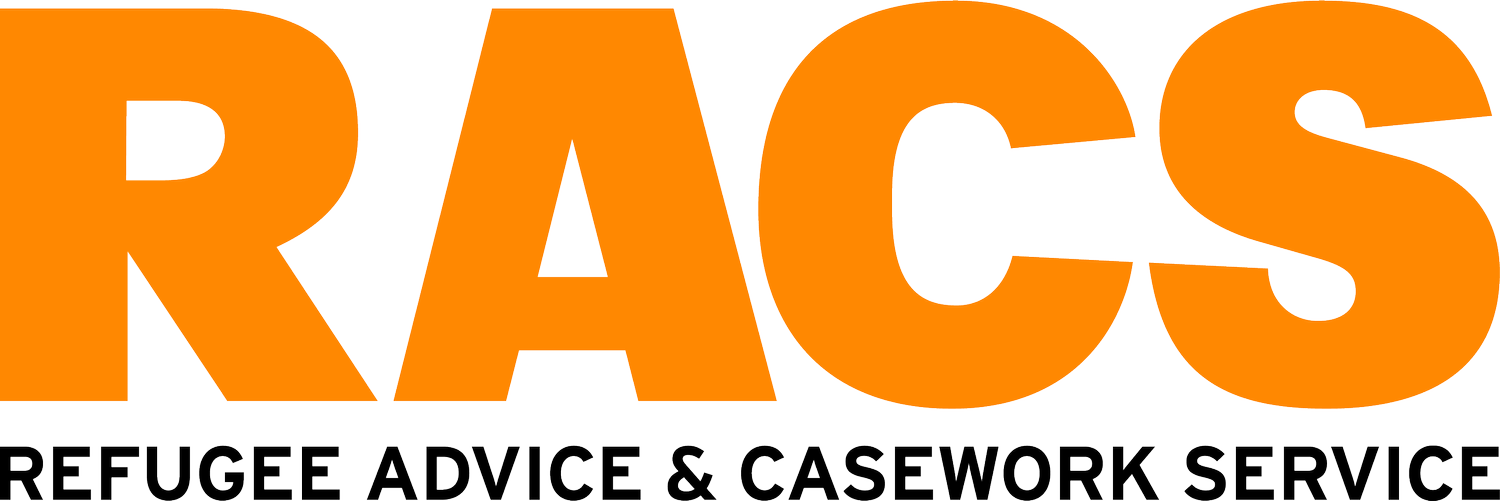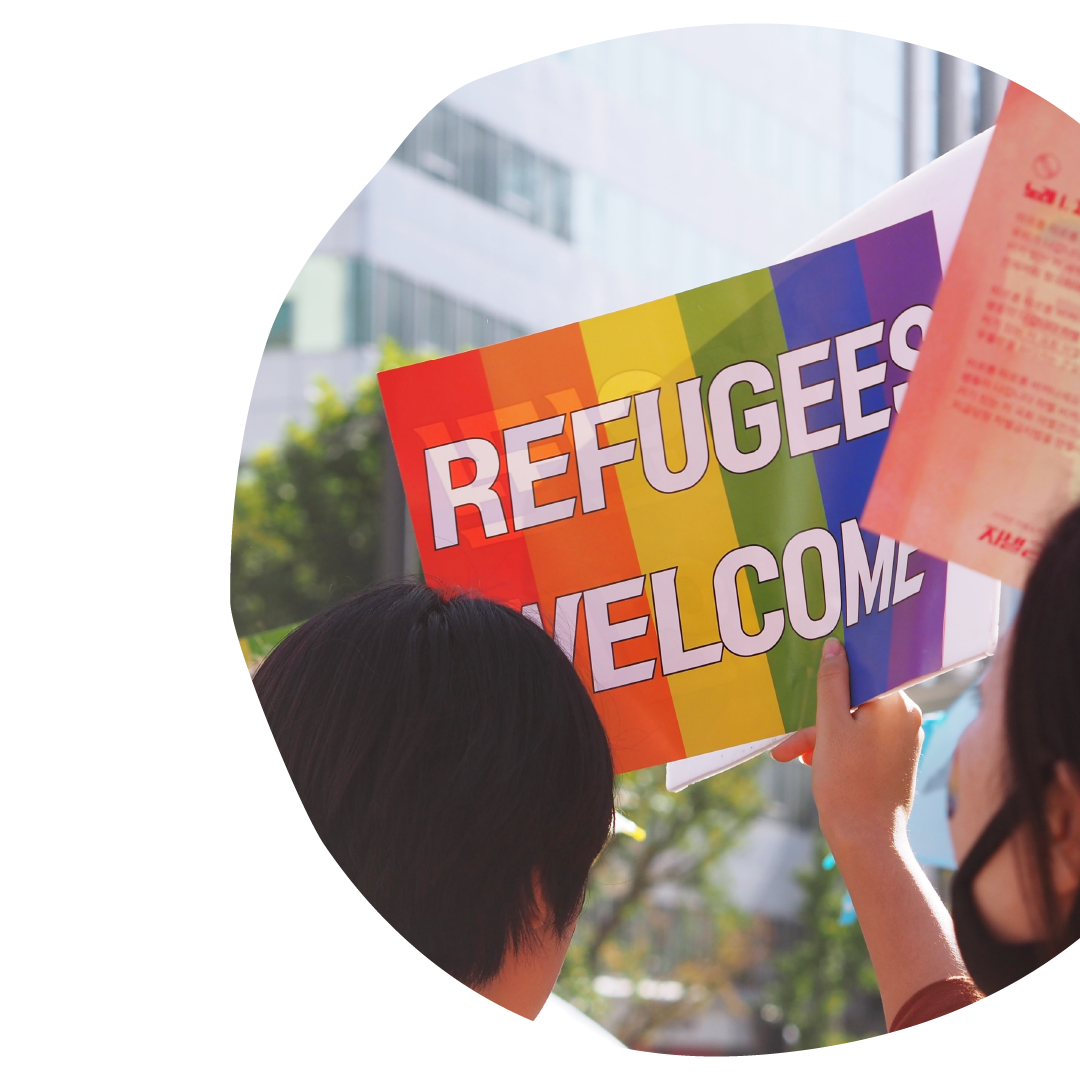RACS LGBTQI+ Toolkit
This is the RACS LGBTQI+ inclusive practices toolkit for legal representatives and community workers.
In recent years, RACS has seen an increase in the number of people seeking our help who fear harm based on their sexual orientation, gender identity, gender expression and/or sex characteristics (SOGIESC). Although it is now recognised that claims for protection on SOGIESC grounds fall within the scope of refugee protection under Australian law, individuals seeking asylum on such grounds continue to face significant barriers when seeking access to protection in Australia.
The lack of inclusivity and awareness of the barriers that many LGBTQI+ individuals face during the asylum process in Australia remains one of the greatest obstacles to accessing protection. To address the concerns raised in its consultations with people of lived experience, RACS, in consultation with LGBTQI+ organisations and STARTTS, developed a best practices toolkit for community workers and legal representatives working with LGBTQI+ people seeking asylum in Australia.
The purpose of this manual is to give voice to the lived experience of asylum seekers who have sought protection on the basis of their diverse SOGIESC by:
First, providing greater awareness of the issues and barriers that LGBTQI+ individuals face in the context of refugee protection based on diverse SOGIESC; and
Second, providing legal representatives and community workers with practical insights and recommendations on how to deliver their services in a way that is inclusive, respectful and trauma-informed.
We acknowledge that this guide is by no means a perfect, or a comprehensive response to the many and varying complex issues faced by LGBTQI+ people seeking asylum in Australia; rather, it is an attempt to document what has been shared with us by people with lived experience, to raise awareness and start conversations on how community and legal organisations can better deliver their services in ways that are inclusive, respectful, safe and trauma informed.

